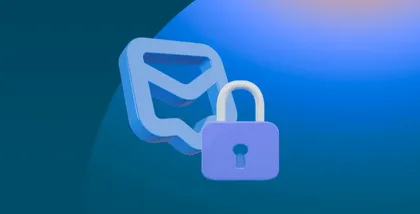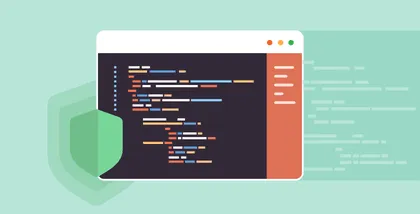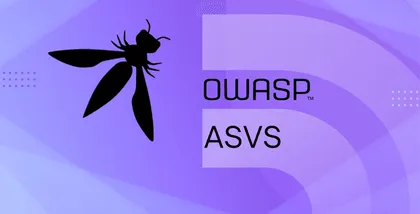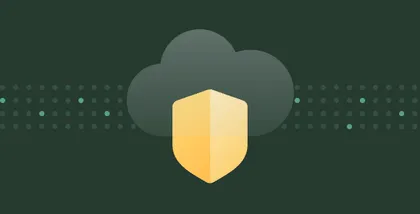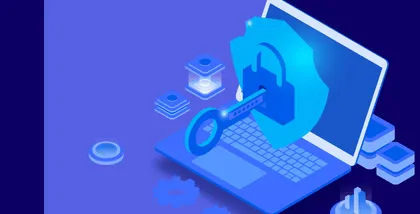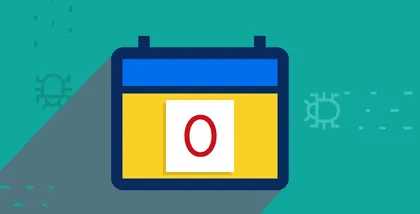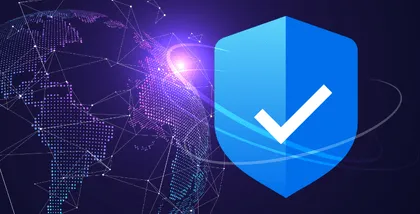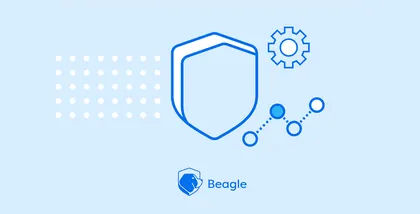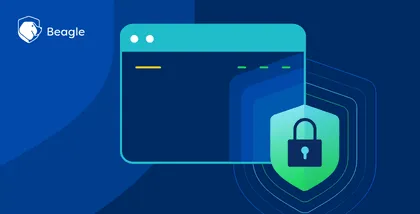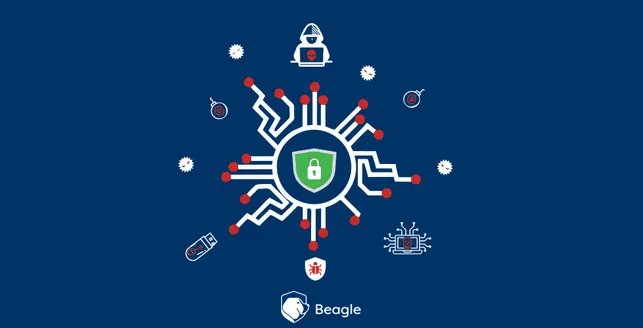
As we are going through unprecedented and challenging times, our daily routine has been affected in all sorts of ways. For those who are working from home, this is indeed a very difficult time. We are more open to cyber attacks due to the little to no cyber security we have in place while working from home.
We are no more in the safety of our offices. Therefore, being vigilant and following cyber security best practices is the need of the hour for remote workers.
Hackers are desperately trying to exploit the opportunity and up to some extent, it’s working. It’s mainly because many organizations and business tasks have gone from an internal network to the open internet without much preparation. This has exposed them to more potential threats.
Here we look into some of the common attacks that have been on the rise in cyberspace due to the COVID-19 pandemic:
1. Email-Phishing
Email phishing is a method by which hackers con you into providing your personal information or account data. Once your info is collected, hackers create new user credentials or create a backdoor into your system to steal sensitive data.
2. SMS-Phishing
SMS phishing or smishing is a form of illegal activity using social engineering techniques. SMS Phishing is the act of attempting to collect personal information such as passwords and details by pretending to be a reliable entity using short message service.
In addition to SMS, other possible means by which a similar attack can happen is via Whatsapp, Telegram and other online messaging platforms.
3. Mobile Malware
Mobile malware, as its name implies is malicious software that explicitly targets the operating systems on mobile phones. There are many types of mobile malware alternatives and different methods of delivery.
Downloading an app from an untrustworthy platform may infect your mobile and this may lead to critical issues. Hackers can even take full control over your device remotely.
4. Malicious Software
Malicious software, generally known as malware, is any software that brings harm to a computer system. Malware can be in the form of worms, viruses, trojans, spyware, adware, and rootkits, etc which steal protected data, delete documents or add software without the approval of a user.
5. Ransomware Attacks
Ransomware is yet another kind of malware that encrypts a victim’s files. The intruder then demands a ransom from the victim to revive access to the data upon payment.
Users are shown directions on how to pay a fee to get the decryption key. There is a huge possibility that the data may be lost forever even after paying the ransom.
We have come across a scenario where the server was compromised by the attacker and the database was encrypted. Even after the ransom of 1 BTC was paid, as per the instruction, the database was not recovered impacting the reputation and business of the company.
Cyber Security Best Practices for Remote Workers
In this rising time of cyber attacks, taking preventive action against these interventions is a necessity. Here are a few cyber security best practices for remote workers to make sure you’re not vulnerable to attacks:
Use antivirus and antispyware software on every computer used in your business and make sure they are frequently updated
Use a firewall for your Internet connection
Download and install software updates for your operating systems and applications regularly
Keep backup copies of essential business data and information
Limit physical access to your computers and network components
Secure your Wi-Fi networks
Regularly change passwords and ensure that they’re not easy to predict
